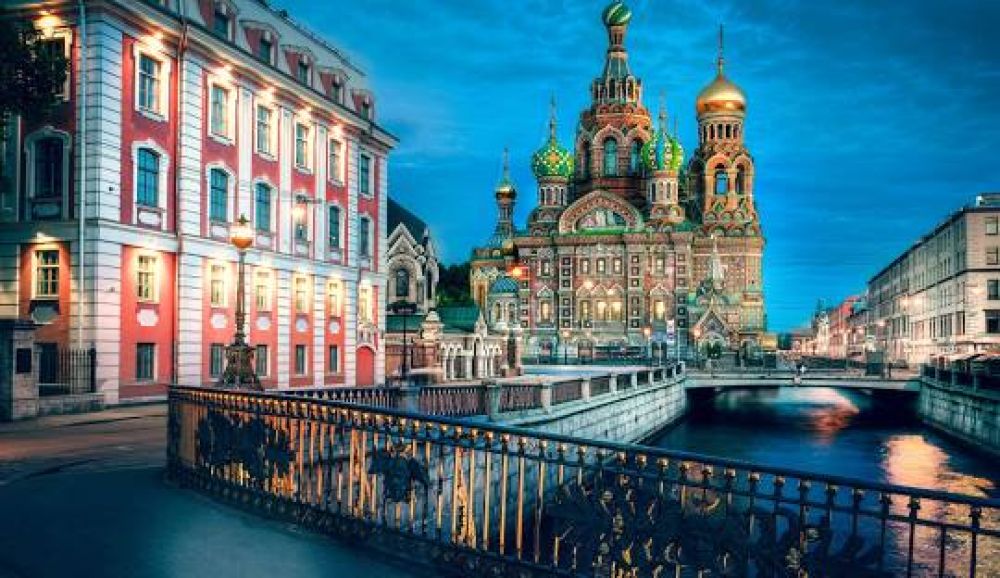

Saint Petersburg, often referred to as the cultural capital of Russia, has a rich history of tourism that dates back to the early 18th century. Founded by Tsar Peter the Great in 1703, the city was conceived not only as Russia's window to the West but also as a destination of grandeur and elegance that would attract visitors from all over Europe.
Initially, Saint Petersburg's primary visitors were nobles and artists who came to admire and contribute to the city's burgeoning cultural scene. By the mid-18th century, the city had established itself as a hub of European culture and art, with institutions like the Hermitage Museum, which opened to the public in 1852, cementing its reputation.
The 19th century was considered the golden age of tourism in Saint Petersburg. The construction of railways connecting the city to other parts of Europe facilitated the arrival of tourists. Grand hotels, such as the Hotel Astoria, were built to accommodate the influx of wealthy travelers who came to experience the city's summer "White Nights," the Mariinsky Theatre's illustrious opera and ballet performances, and its grand balls and social events.
Saint Petersburg's tourism faced its challenges; periods of political turmoil and conflicts, particularly the 1917 October Revolution and the subsequent civil war, followed by the hardships of World War II, significantly reduced tourist activities. However, the city's resilience and allure have always prevailed, seeing a resurgence of interest during more stable periods.
The collapse of the Soviet Union in 1991 marked a turning point for tourism in Saint Petersburg. Russia's newfound openness made the city far more accessible to foreign visitors. In 1990, the historic center of Saint Petersburg and related groups of monuments were declared a UNESCO World Heritage Site, further reinforcing its international allure.
Today, tourism in Saint Petersburg reflects a blend of cultural heritage and modernization. The city has become a popular destination for river cruises and a must-visit for global events, such as the St. Petersburg International Economic Forum and major sports competitions.
Moreover, Saint Petersburg has embraced the digital revolution, offering virtual tours and online access to many of its treasures. This adaptation was particularly important during the COVID-19 pandemic, allowing the city to maintain a presence in the global tourism scene despite travel restrictions.
Technology advancements, eco-friendly initiatives, and a growing emphasis on sustainable tourism are setting the stage for the future of this historic city. With its timeless architecture, vibrant arts scene, and a continuous commitment to cultural preservation, Saint Petersburg remains a premier destination for travelers from around the globe.
Through centuries of growth, conflict, and regeneration, the allure of Saint Petersburg has never waned. Drawing visitors with its unique blend of history, beauty, and cultural richness, it stands as both a monument to Russia's past and a vibrant, evolving city with a promising future in the global tourism industry.